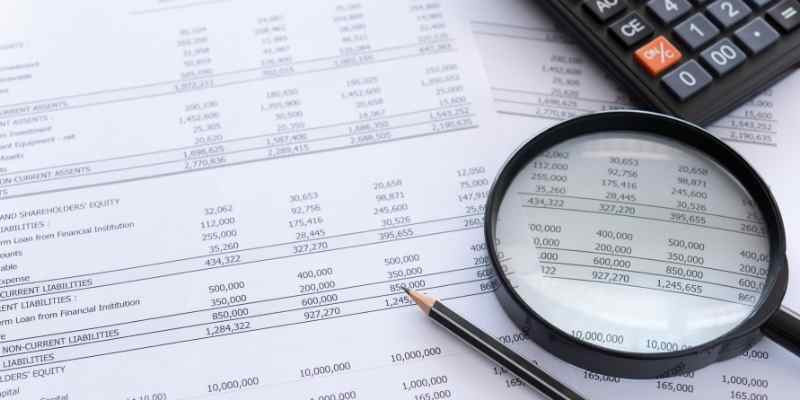News & Information
A Tax Audit - What you Should Know
From time to time, the Canada Revenue Agency (CRA) audits tax returns and claims for rebates to ensure they comply with the country’s taxation laws. The objective is to ensure that taxpayers meet their obligations and receive amounts to which they are legally entitled.
During the process, the government’s auditor will efficiently provide general information, such as the period that may be audited, an estimate of the length of time he or she will need, and the information they will require from you to carry out their work. Further, they will make you aware of your rights and obligations and respond to questions you might have. Information obtained during the audit is confidential.
To comply with Canada’s tax law, you must retain accurate records to determine your obligations and entitlements.
Key factors involve a relationship based on cooperation and transparency. Audits are conducted efficiently and in a timely fashion.
What is required?
The auditor will require your books and records, including supporting documentation, which can include electronic records.
The audit will take longer if you have not got a full accounting of your business.
Where does it happen?
An audit is normally carried out at your premises, but your accountant can usually arrange for it to take place in their office. In some situations, the auditor may take your records and give you a detailed receipt of the borrowed documents. Copies of electronic records may need to be made.
How long does it take?
An audit’s length depends on how complete your accounting records are and how large and complex your business is. During an audit, he or she will identify issues and discuss them with you. You can also raise any concerns you might have.
What happens at the end?
Based on their findings, the auditor will explain the reasoning behind any proposed adjustments, after which you will be given an amount of time (usually 30 days) to respond. The auditor will also consider any representation made about the findings. If your issues are unresolved, you can contact a supervisor.
Notice of Assessment or Reassessment
If adjustments are made to your tax return, a Notice of Assessment or Reassessment will be mailed to you. If determined that an increase in your refund is due, payment may accompany the notice.
What if I owe more tax?
Suppose the audit determines that there is an increase in how much you owe. In that case, the CRA will provide an estimate to help lower interest charges before issuing the Notice of Assessment or Reassessment. This will allow you to prevent the accumulation of further interest by paying all or a part of what you owe.
If you disagree with the outcome, you can file an objection to the assessment or reassessment within 90 days of the date of the notice.
An audit can be a trying time for any business. Contact our office if the CRA notifies you that you have been selected. We will work with you to ensure the best possible outcome for you.
When you subscribe to the blog, we will send you an e-mail when there are new updates on the site so you wouldn't miss them.




Comments